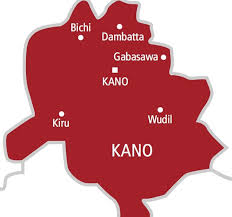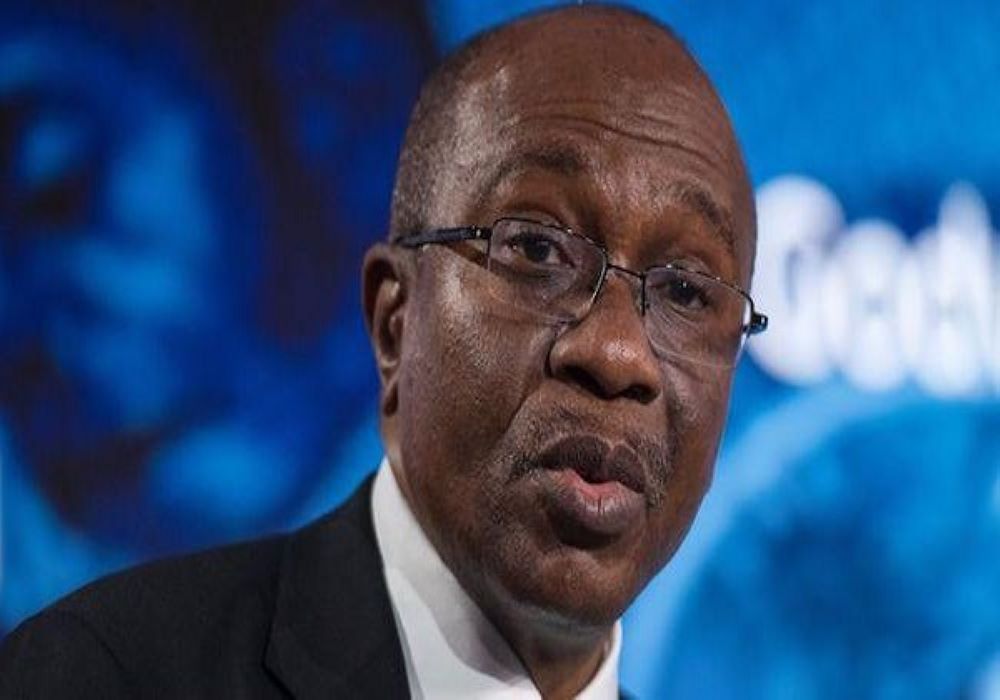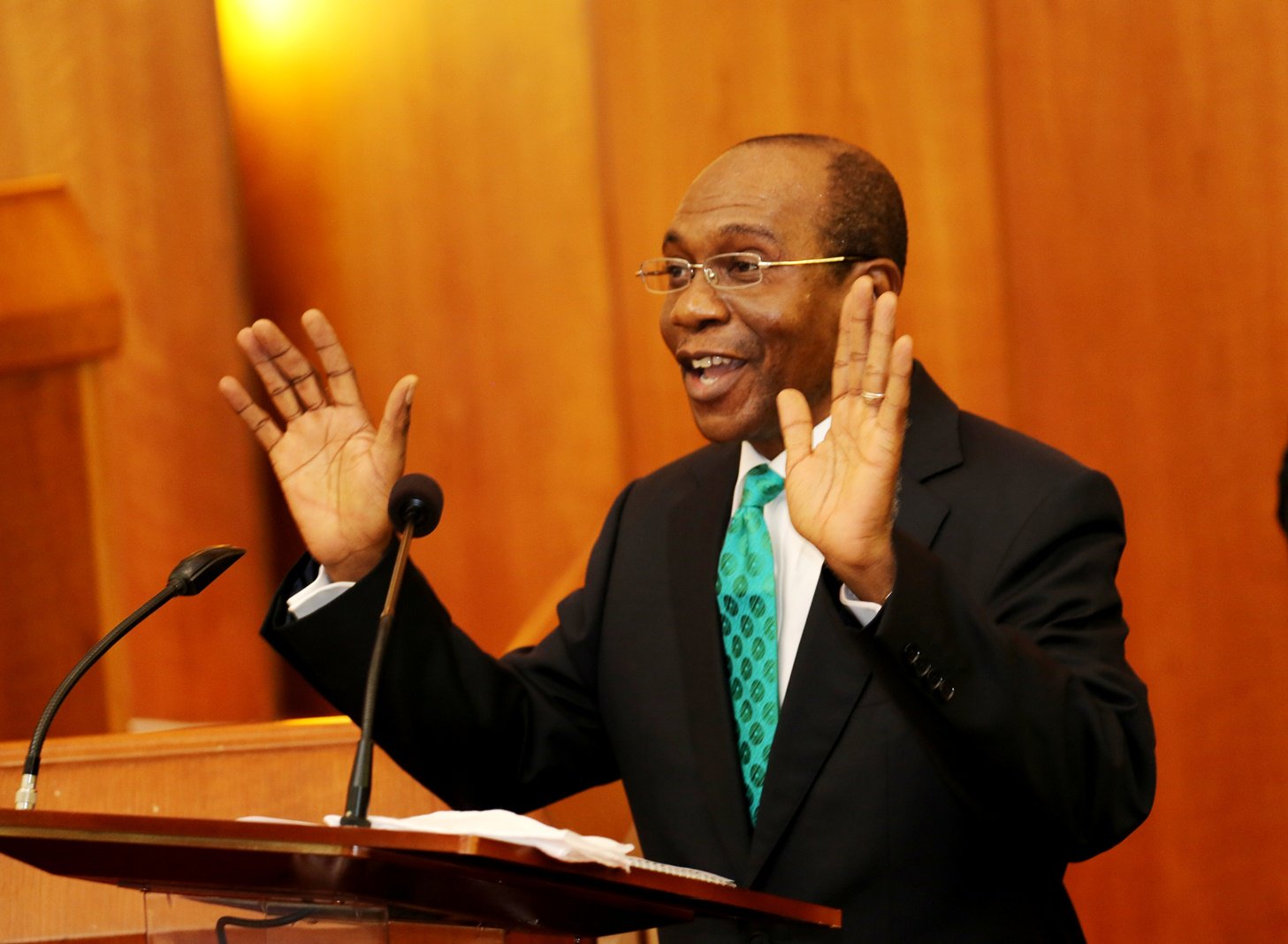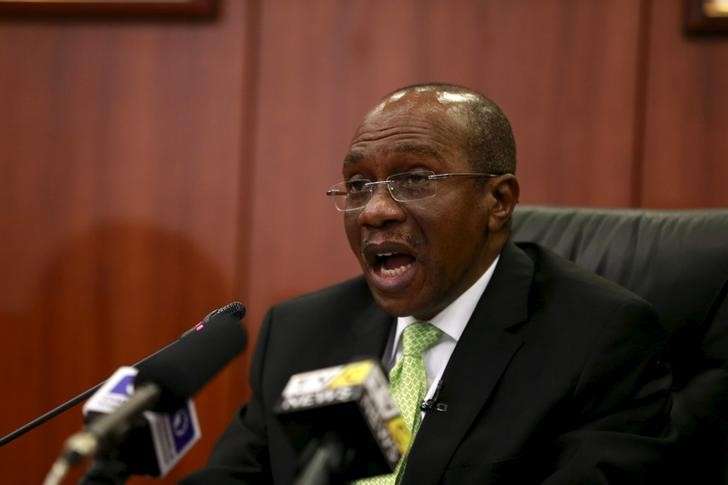NEWS
JUST IN: NDIC Disburses N5m To 82.36% Of Heritage Bank Customers
The Nigeria Deposit Insurance Corporation (NDIC) has announced that it has disbursed insured deposits of N5 million each to 82.36% of the total customers of the now-defunct Heritage Bank.
However, the NDIC noted that 17.64% of insured deposits remain pending, primarily due to accounts flagged with Post-No Debits instructions or those lacking a Bank Verification Number (BVN).
This information was revealed in a statement by the NDIC’s Director of Communication and Public Affairs, Bashir Nuhu, on Sunday in Abuja.
For depositors with balances exceeding N5 million, the director clarified that the remaining funds, classified as uninsured deposits, will be paid out as liquidation dividends.
Read Also: Heritage Bank Depositors To Be Compensated In 7 Days – NDIC
These payments will be made once the defunct bank’s assets are realized and debts owed to the bank are recovered.
Recall that the Central Bank of Nigeria (CBN) revoked Heritage Bank Plc’s banking license on June 3, 2024, citing ongoing financial instability and regulatory violations.
The CBN stated that this action was taken under Section 12 of the Banks and Other Financial Institutions Act 2020, which is intended to ensure the stability of Nigeria’s financial system.
Following the license withdrawal, the NDIC began the process of paying out to the 2.3 million depositors of Heritage Bank.
According to the statement, disbursements to affected customers commenced four days after the bank’s liquidation.
The director highlighted that this swift action was facilitated by the use of Bank Verification Numbers as a unique identifier to locate depositors’ alternate accounts in other banks.
The statement partly reads, “In the discharge of its deposit guarantee mandate, the Corporation began the payment of the insured deposits of N5m maximum per depositor within a record time of four days of the bank closure.
“This was achieved using Bank Verification Numbers as a unique identifier to locate depositors’ alternate accounts in other banks.
“This unprecedented achievement of direct payment through BVN-linked alternate accounts without the need for depositors to visit NDIC offices or fill out forms marks a historic shift for the NDIC in the prompt reimbursement of depositors with payment of about 82.36 per cent of the total insured deposit to date.
“It is instructive to state that, the remaining 17.64 per cent of the insured deposits yet to be paid were largely depositors whose accounts have post no debits instructions or have no BVN.
“Others are those with no alternative accounts in other banks or accounts with a KYC limit on the maximum lodgment per day and are yet to come forward for verification.
“However, depositors with balances exceeding Five Million Naira have been paid the initial insured sum of Five Million Naira, while the remaining balances (classified as uninsured deposits) will be paid as liquidation dividends upon realization of the defunct bank’s assets and recovery of debts owed to the defunct bank,” the statement added.
NEWS
Kano Police Warn Residents Of Imminent Terror Attack Threats

The Kano State Police Command has warned residents of a potential terror attack, targeting public gatherings in strategic locations across the state.
In a statement issued on Friday, the command’s Public Relations Officer, SP Abdullahi Haruna, disclosed that intelligence reports indicated suspected terrorists were planning to carry out attacks.
“The Kano State Police Command, in liaison with other security agencies, has received intelligence reports of suspected terrorists planning to launch attacks on public gatherings in strategic locations within Kano State.
READ MORE: Savannah Energy Provides Unaudited FY 2024 Trading Updates
“In response, we hereby urge residents to exercise caution and avoid crowded places and environments until further notice as a preventive measure to enable security operatives to identify and dislodge possible attackers,” the statement read.
To address the threat, the police command has enhanced security arrangements across the state. SP Haruna revealed that specialized units, including the Explosive Ordinance Disposal (EOD) and the Chemical, Biological, Radiological, and Nuclear (CBRN) teams, have been deployed to strategic locations and are on high alert.
“A team of experts from the command’s Explosive Ordinance Disposal, Chemical, Biological, Radiological, and Nuclear units have been deployed to strategic locations and are on high alert.
“The unit can be contacted through: 08169884988 or 07067157218 for report of suspicious persons or item(s),” Haruna stated.
Residents have been urged to remain vigilant and report any suspicious activities to the nearest police station or contact the command through the designated hotlines.
“The command remains committed to protecting lives and properties as well as maintaining law and order in Kano State.
“We appreciate the support and cooperation of the good people of Kano State and urge everyone to remain vigilant. Your vigilance and cooperation are crucial in ensuring public safety,” the statement concluded.
NEWS
Ifon-Ilobu-Erin Osun Land Disputes: Osun Constitutes A 100-Member Boundary Resolution Committee

In the bid to resolve the incessant land disputes between the communities of Ifon, Ilobu and Erin Osun, the Governor of Osun State, Senator Ademola Adeleke has constituted an enlarged 100-member high powered land crisis resolution committee in which each of the affected communities has 25 representatives, and the state government represented by 25 members.
The Osun State Commissioner for Information and Public Enlightenment, Oluomo Kolapo Alimi made the disclosure in a statement in Osogbo, on Friday.
He revealed that the Ataoja of Osogbo land, Oba Jimoh Adetunji Olanipekun Larooye is the Chairman of the Committee, while a retired judge of Osun State Judiciary and Chairman, Osun State Boundary Commission, Justice Moshood Adekunle Adeigbe, would serve as the Co-Chairman.
According to Alimi, Gov Adeleke put in place the Committee with a view to bringing a lasting end to the incessant land disputes among the three affected communities.
ALSO READ: Leadership Newspaper Backs Adeleke For Second Tenure, Names Him ‘Gov Of The Year’
It was gleaned from the statement that there were four other traditional rulers on the panel, including His Royal Majesty; Oba Abioye Oyebode, the Olokuku of Okuku, His Royal Majesty; Oba Adams Iyiola Bamidele Yusuf, the Oloba of Oba Oke, His Royal Majesty; Oba Adekeye Oyedare, the Oloyan of Oyan and His Royal Majesty, Oba Akeem Ogungbamgbe,The Owaloko of Iloko-Ijesha.
Other members are Umar Abba Mohammed, Osun State Commissioner of Police, Ayoola Kehinde, Osun State Director, Department of State Services( DSS) Brigadier General, Aliu Mohammed, Commander E.C.C, Ede, Sotiyobo Igbalawola, Osun State Commander, Nigeria Security and Civil Defence Corps( NSCDC), Anthony Chikezie, Commander, Immigration Service, Osun State, Adekunle Omoyele, Osun State Commander, Amotekun Corps, and Special Adviser to Osun State Governor on Security, Barrister Dare Ojo.
Also on the enlarged Committee, where members are enjoined by Gov Adeleke to bring in their wealth of experience to bear on the highly critical assignment, are the Chairman, NBA Osogbo branch, Yemi Abiona, Esq; the Chairman, NBA, Ikirun, Niyi Akinsola, Esq; the Chairman, NBA, Ile Ife, Tope Olajoko, Esq; the Chairman, NBA, Ilesha, Raymond Oki, Esq; Others appointed to serve on the Ifon- Ilobu- Erin Osun Peace Resolution Committee are; Soladoye Abioye, the Surveyor General of Osun State – Dr Sodiq Olohunde, Office of Chief of Staff to the Governor, Marufat Adekemi Bello, Permanent Secretary , Ministry of Justice – Femi Ogundun,- Permanent Secretary, Ministry of Local Govt and Chiertincy Affairs, Dr Fritz Mobolaji Olaoye, Permanent Secretary, Ministry of Lands and Physical Planning.
Completing the list of the Committee members are Comrade Wasiu Ajadosu, Osun NUJ Council Chairman, Comrade Waheed Lawal, Osun Civil Society Coalition and Comrade Saka Mao, a Public Affairs Analyst
The statement has it that Gov Adeleke, will on Tuesday, the 28th of January, 2025 perform the swearing in ceremony of the 100-member enlarged Ifon, Ilobu, Erin Osun Land Crisis Resolution Committee, at the Multi purpose hall of Local Government Service Commission, State Government Secretariat, Abere Osogbo by 11:00am.
NEWS
Okpebholo Moves To End Indiscriminate Parking, Gridlock In Edo State

Edo State Governor, Senator Monday Okpebholo, has charged the Managing Director of the Edo State Traffic Control Management Agency (EDSTMA), Engr. Stainless Ijeghede on indiscriminate parking and traffic gridlock, especially in market areas.
According to a statement in Benin City on Friday, by Chief Press Secretary to Edo State Governor, Fred Itua, his principal gave the charge while decorating Ijeghede with his new rank as the head of EDSTMA.
He noted that while addressing the new Managing Director and his personnel at the Exco Chambers in Government House, Gov Okpebholo pointed out that the agency should do its job well by ensuring free flow of traffic across the state.
He called on Ijeghede and men of the agency to ensure they checked indiscriminate parking of vehicles and buses, especially in market areas.
“Edo State belongs to all of us and whatever we are doing, we should do it with care not to harm anybody. I appeal to EDSTMA to ensure that the city is well kept because whenever I drive round town, I see vehicles everywhere as the city is not well kept.
“This is your primary assignment. You should ensure the city is well kept as vehicles park indiscriminately and they are causing obstruction. Traffic is not flowing as it should and it is causing serious gridlock. Is it that you are not doing your job well?
ALSO READ: Leadership Newspaper Backs Adeleke For Second Tenure, Names Him ‘Gov Of The Year’
“Is it that you are not doing your job well or because you have a new leader that is why traffic is not flowing, or because you don’t know your job?
“You people should wake up and keep the state clean. Make sure that vehicles are parked well especially in the market areas. Monitor markets very well as these areas are looking really unkempt with vehicles and buses parked indiscriminately, causing traffic gridlock. Edo people are worst hit. They suffer from this. Ensure free flow of traffic so that the people will be happy,” Governor Okpebholo emphasized.
The EDSTMA boss, thanked Gov Okpebholo for the opportunity to serve the people of Edo State and assured him of the loyalty of the agency.
He added that his men will do their job professionally and ensure that the is free flow of traffic across the state.

















